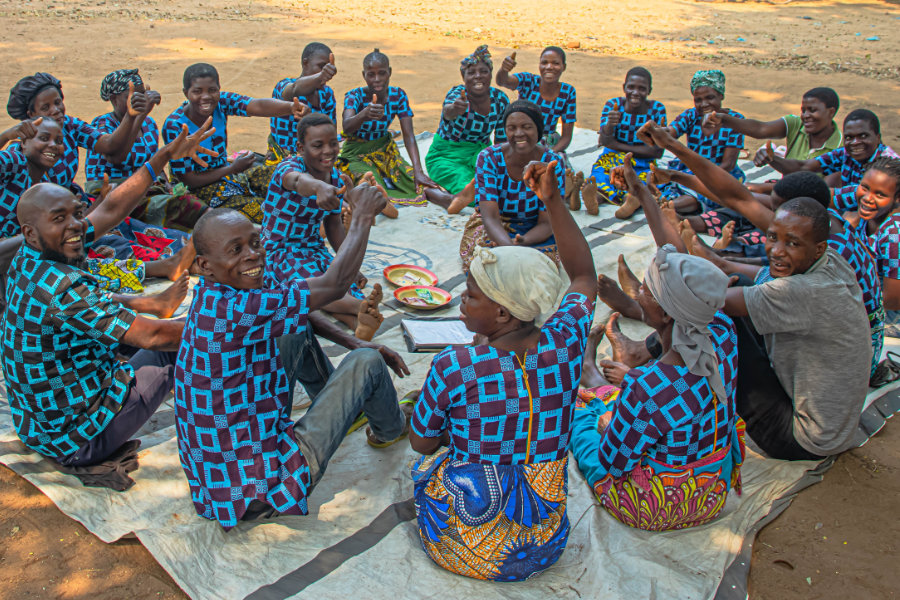
Malawi is intensifying efforts to improve financial literacy across local communities, with the Ministry of Gender, Community Development and Social Welfare highlighting the importance of equipping citizens with practical financial knowledge.
Principal Secretary Nertha Semphere Mgala underscored the value of such campaigns during a financial literacy session held on Tuesday at Mpemba in Blantyre, targeting members of the Naperi Fish Farmers Cooperative.
“Sharing financial management skills with communities will help them to withstand economic shocks and uncertainties,” Mgala said.
“They will be able to make informed decisions that will boost their financial stability and promote business growth.
These activities contribute to economic empowerment, which improves people’s livelihoods because they make smart choices about saving, investing and managing debts and shares.”
The session emphasized that even small-scale enterprises, such as fish farming, face unique financial challenges. Mgala noted that access to the right training allows farmers to diversify investments and reduce reliance on a single income stream, strengthening resilience against market fluctuations and economic pressures.
Peter Zebiya, chairperson of the Naperi Fish Farmers Cooperative, praised the initiative, describing it as timely and highly beneficial.
“This awareness campaign has come at the right time as we strive to improve our farming practices and business management skills.
With a better understanding of shares, loans and dividends, we will be able to navigate the group’s financial landscape and secure our long-term goals,” he said.
The campaign is part of a broader partnership between the Reserve Bank of Malawi and the Ministry of Gender, Community Development and Social Welfare, aiming to reach cooperatives, small businesses, and local communities nationwide.
Officials believe that by promoting practical financial literacy, citizens can make informed decisions, enhance their economic participation, and create sustainable pathways to financial stability. The initiative also seeks to build community resilience, enabling households and enterprises to better manage risks, invest wisely, and adapt to changing economic conditions.
By empowering citizens with financial knowledge, Malawi hopes to foster inclusive economic growth while strengthening the foundations of local businesses and cooperatives.



